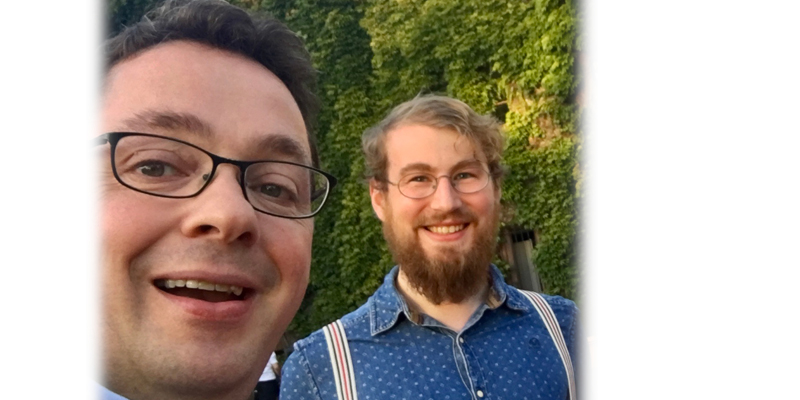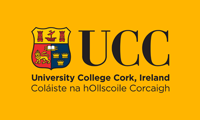News
Stressing The Small Stuff

Stressing The Small Stuff
“It’s not stress that kills us; it is our reaction to it” are the famous words of the Hungarian physiologist Hans Selye. Indeed understanding how stress affects the body is an important endeavour in understanding and promoting resilience. Now research from APC Microbiome Ireland is showing that the microbiome is particularly sensitive to the effects of stress and may hold the secrets to developing new approaches to improve wellbeing.
With the pandemic the past year we have seen chronic stress affecting all of our lives in multiple ways, especially mental health. However, understanding the biological underpinnings of why some people are more sensitive to the effects of stress is critical to enable the development of strategies that can alleviate or prevent the impact of stress. In a new study published in the journal Psychoneuroendocrinology the Cork group show for the first time that the movement in the composition of the microbiome correlates with stress response. The study takes advantage of the fact that the gut microbiome is not a static entity – it is constantly changing with time, a concept known as volatility. In this study Thomaz Bastiaanssen a bioinformatician in the group of John Cryan and Ted Dinan joined forces with neuroscientist Anand Gururajan a postdoc in the same group to investigate if stress-induced changes in volatility were related to other biological and behavioural measures.
First, in mice that underwent chronic psychosocial stress the authors used a combination of bioinformatic and biological approaches to demonstrate that volatility was much higher in the stressed mice compared to control animals. Moreover, they went on to show that this shift in the microbiome correlated with several other stress-sensitive variables including stress hormones. Thus, this opens up the possibility that volatility could be a completely new way of examining the impact of stress on the body.
However, it would be important to see if such findings could be translated to humans. Thus, the investigators collected, sequenced and analyzed gut microbiome samples and the levels of stress hormone levels in undergraduate university students before and after the exam period. And indeed, the data from these studies confirmed the data from the mouse work, suggesting that volatility was a robust phenomenon across species.
These studies have wide-reaching implications says Prof John F. Cryan lead author on the study “We now have a novel way to examine the consequences of stress on the microbiome. This will hopefully give us a biomarker that will enable the development of microbiome-targeted strategies, what we have coined ‘psychobiotics’ that modulate the degree of volatility that occurs in stress”.
However, more research is needed to develop such strategies through dietary or supplement-based approaches. As we come to the end what has been a truly volatile year these data offer hope that we can understand our reaction to stress much better through the lens of the microbiome.
Full paper details: Bastiaanssen TFS*, Gururajan A*, van de Wouw M, Moloney GM, Ritz NL, Long-Smith CM, Wiley NC, Murphy AB, Lyte JM, Fouhy F, Stanton C, Claesson MJ, Dinan TG, Cryan JF Volatility as a Concept to Understand the Impact of Stress on the Microbiome Psychoneuroendocrinology *joint first authors
|
Article on Cork Beo


